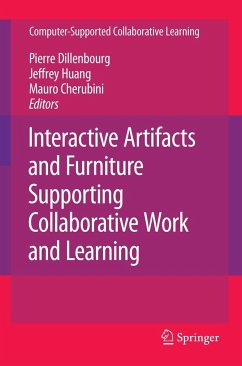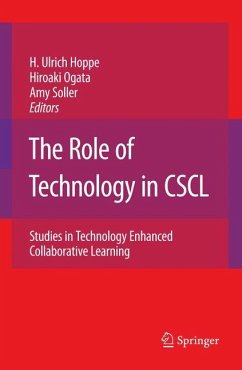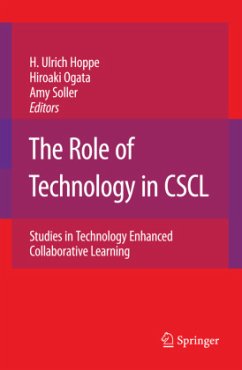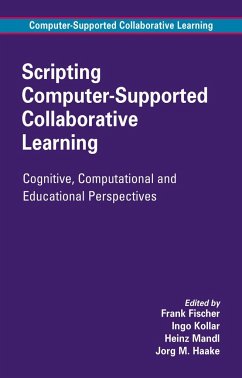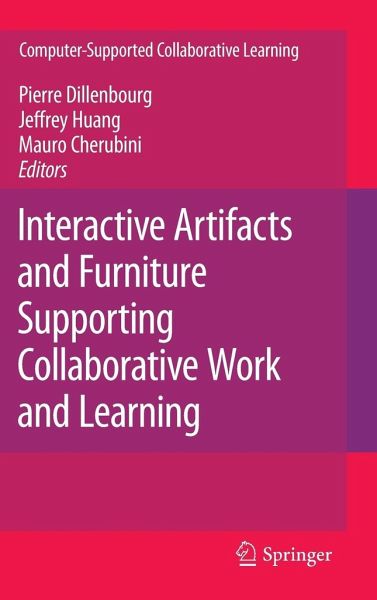
Interactive Artifacts and Furniture Supporting Collaborative Work and Learning
Versandkostenfrei!
Versandfertig in 6-10 Tagen
38,99 €
inkl. MwSt.

PAYBACK Punkte
19 °P sammeln!
The field of Computer-Supported Collaborative Learning (CSCL) has traditionally focused on virtual learning environments and has somewhat neglected the physical environments in which students interact with each other and with their teachers. However, over the last years, scholars have devoted growing attention to the interplay between digital and physical environments. Interactive Artifacts and Furniture Supporting Collaborative Work and Learning reveals how these advances in computer science and human-computer interaction impact CSCL environments.The underlying theme of the contributions is t...
The field of Computer-Supported Collaborative Learning (CSCL) has traditionally focused on virtual learning environments and has somewhat neglected the physical environments in which students interact with each other and with their teachers. However, over the last years, scholars have devoted growing attention to the interplay between digital and physical environments. Interactive Artifacts and Furniture Supporting Collaborative Work and Learning reveals how these advances in computer science and human-computer interaction impact CSCL environments.
The underlying theme of the contributions is the social affordances of physical objects, i.e. the understanding of how technology-augmented physical objects support interactions among groups in a way more intuitive or natural than traditional computers. This collection of leading researchers investigates how artifacts may trigger rich interactions among groups, which is a central quest for researchers in CSCL.
Interactive Artifacts and Furniture Supporting Collaborative Work and Learning illustrates a turn in the field of CSCL and emphasizes an important message for a generation of CSCL designers and researchers.
The underlying theme of the contributions is the social affordances of physical objects, i.e. the understanding of how technology-augmented physical objects support interactions among groups in a way more intuitive or natural than traditional computers. This collection of leading researchers investigates how artifacts may trigger rich interactions among groups, which is a central quest for researchers in CSCL.
Interactive Artifacts and Furniture Supporting Collaborative Work and Learning illustrates a turn in the field of CSCL and emphasizes an important message for a generation of CSCL designers and researchers.





